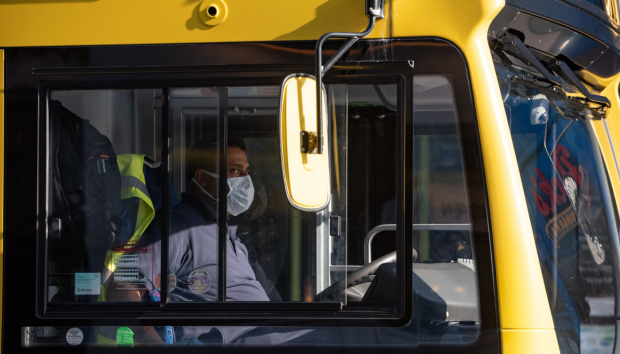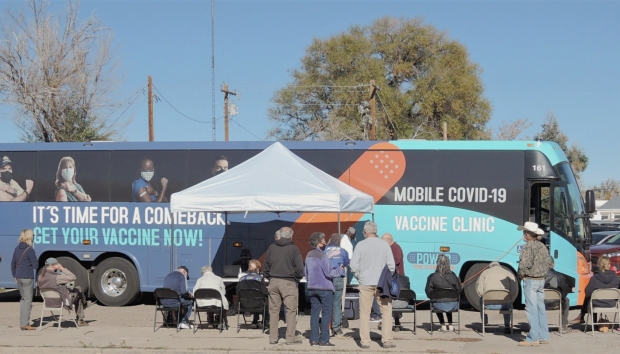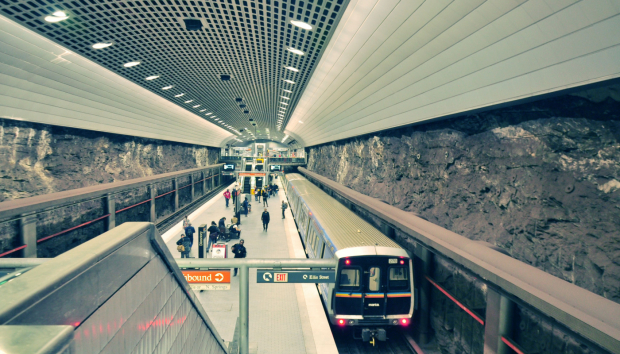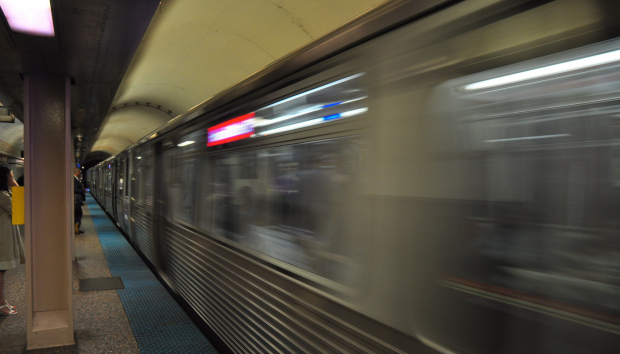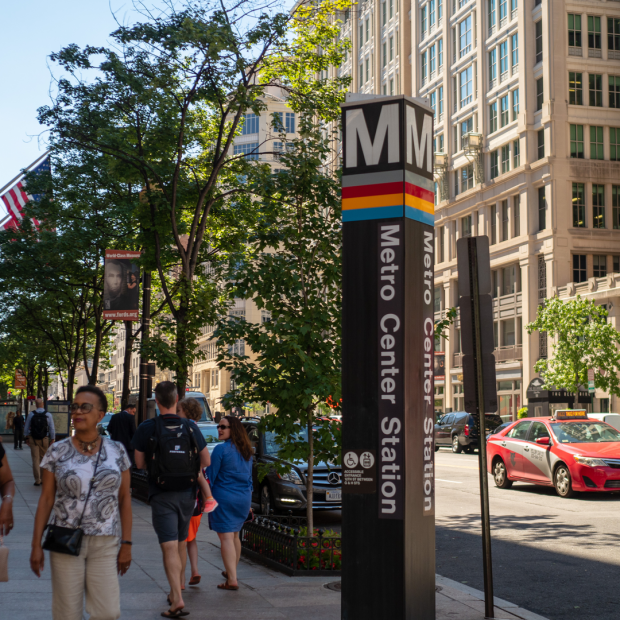
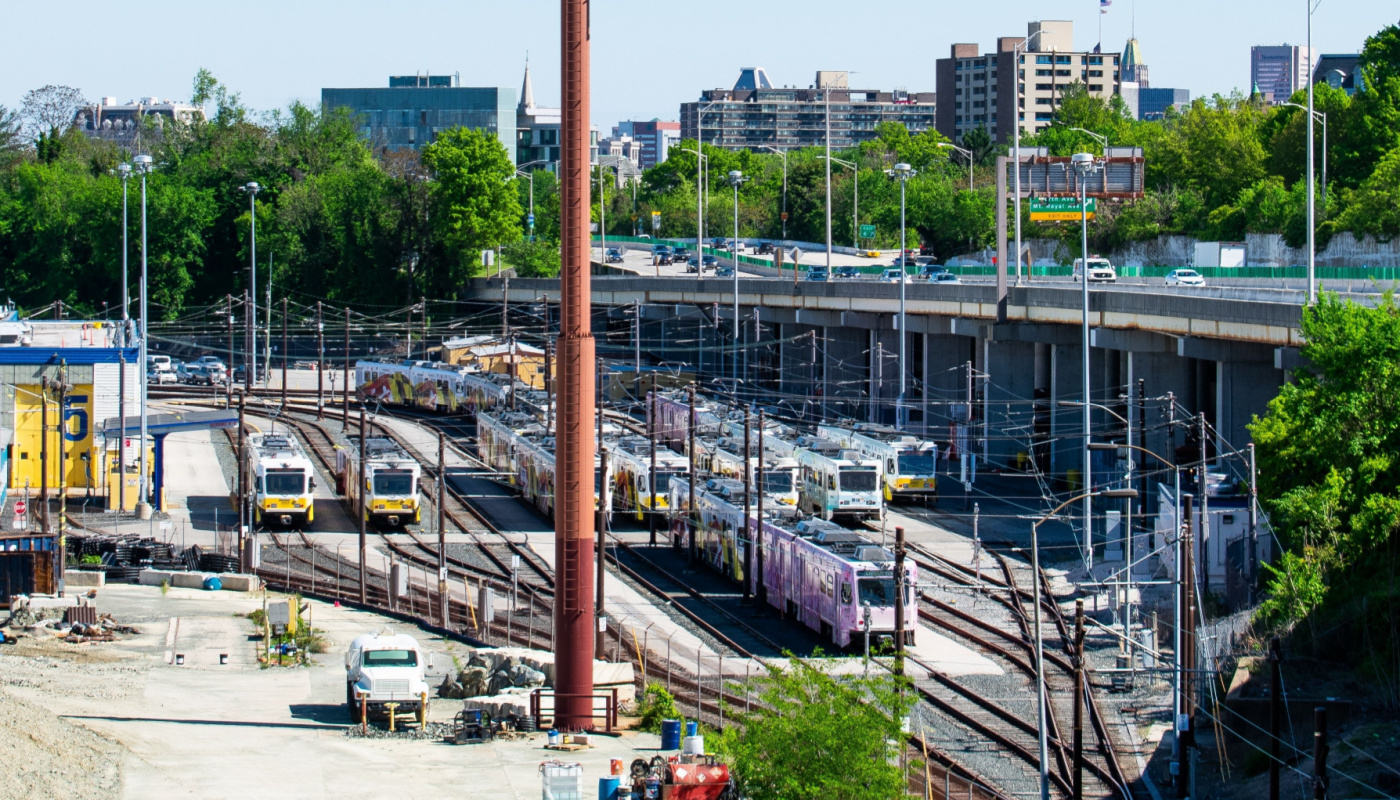
Economic Impact of the Maryland Transit Administration
For the Maryland Transit Administration (MTA), EBP described and quantified the societal and economic value of public transportation for their service area.
The study examined the current role of transit in the regional economy, both as direct contributor to local jobs and wages through its budgetary expenditures, and as a facilitator of key forms of economic engagement including workforce participation, and participation in the consumer economy.
EBP analyzed on-board survey data to evaluate how transit passenger behavior relates to demographics. This analysis highlighted the key role that public transit in Maryland plays for low-income people and those without access to cars. Based on this analysis, EBP developed a custom mode choice model for transit users, by using survey and Census data on income, trip length, and access to cars. EBP worked with partners to integrate this custom model into the regional travel demand model to derive key performance metrics, including vehicle miles traveled, vehicle hours traveled, household travel spending, and accessibility. EBP then applied the TREDIS economic model to estimate economic impacts of transit modes and to quantify impacts of transit spending.




